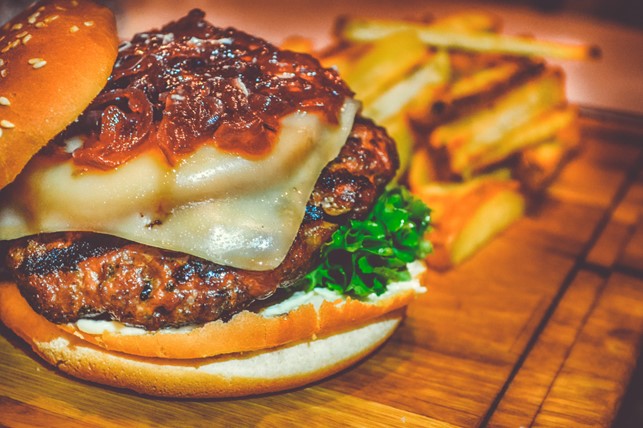
Addictive food: how the ultra-processed manipulate our brains
Candy and chips like cigarettes. Ultra-processed foods trigger addiction
Have you ever tried to stop eating chips once you open the package? Or resist the lure of a freshly baked dessert? Behind this irresistible attraction lies sophisticated food engineering. In fact, the food industry has developed techniques to make ultra-processed foods especially palatable, cleverly combining fats, sugars and salt in a way that stimulates our reward system. Additives, artificial flavors and flavor enhancers help create an intense and memorable taste experience, making it difficult to resist temptation.
Beyond the will: when food becomes a drug
Addiction to ultra-processed food is not a simple whim, but a complex phenomenon with a solid scientific basis. Numerous studies have shown that these foods can activate the same brain circuits involved in substance addictions, such as cocaine or nicotine. Symptoms such as uncontrollable cravings, withdrawal and loss of control over consumption are common among people who have difficulty reducing their intake of ultra-processed foods.
The brain rewards, the gut adapts
The mechanism behind ultra-processed food addiction is complex and involves both the brain and the gut. These foods, rich in fats, sugars and additives, stimulate the release of dopamine, a neurotransmitter associated with pleasure and reward. In addition, the gut microbiome, the set of bacteria that populate our intestines, can undergo alterations as a result of eating a diet rich in ultra-processed foods, further affecting our appetite and metabolism.
The consequences of addiction to ultra-processed foods
Excessive consumption of ultra-processed foods is associated with numerous health issues, including:
- Obesity: The high calorie content and energy density of these foods promote weight gain
- Cardiovascular disease: Excessive consumption of saturated fat, sodium and sugar increases the risk of heart disease
- Type 2 diabetes: Insulin resistance, often associated with obesity, can lead to the development of type 2 diabetes
- Chronic inflammatory diseases: Chronic inflammation, caused by poor diet, is associated with many diseases, including autoimmune diseases and some cancers
- Eating disorders: Addiction to ultra-processed food can coexist with other eating disorders, such as compulsive binge eating
Regaining control: strategies to counter addiction
Countering addiction to ultra-processed food requires a multifactorial approach involving:
- Nutrition education: Providing consumers with the information they need to make informed food choices
- Clear and transparent labeling: Making mandatory food labels that provide detailed information about the composition of products
- Advertising restrictions: Limit advertising of ultra-processed foods, especially those aimed at children
- Psychological support: Offer psychological support programs to help people overcome food addiction
- Food policies: Promote food policies that encourage the production and consumption of healthy, sustainable foods
Taking back control of our diet is possible, but it requires a sustained commitment and a change in our habits. By choosing fresh, seasonal and minimally processed foods, we can improve our health and well-being.
Sources and images
- https://www.nationalgeographic.com/premium/article/addiction-ultra-processed-junk-foods
- Foto di Daniela Elena Tentis: https://pxhere.com/it/photo/1418589


